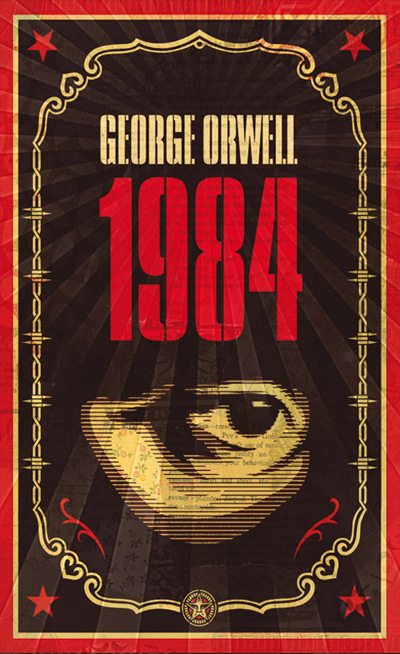Verità e autorità
DOI:
https://doi.org/10.13135/2038-6788/8755Parole chiave:
Autorità, Bernard Williams, Costruttivismo, Disaccordo morale, Dogmatismo, John Rawls, Kant, Libertà, Pluralismo, Realismo, VeritàAbstract
Political constructivists (such as John Rawls) and pluralists (such as Bernard Williams) refrain from using truth in political matters and moral disagreements. They agree with relativists on the “polemical conception of truth,” which takes moral truths to enjoy only a local kind of normativity. Against rationalists, they hold that one cannot appeal to truth as to a device for coordination within contexts marked by value-pluralism. Such an appeal is bound to be dogmatic and arbitrary because of its lack of unrestricted authority. By contrast, Kantian constructivism adopts a conception of truth as determined by an ideal agreement. It argues that normative truths are not fixed by facts that are independent of the practical standpoint; rather, they are constituted by that to which agents would agree under some specified conditions of choice. By developing this contrast, this essay refocuses the debate on the relation between truth and authority rather than on the realists/antirealists divide.



